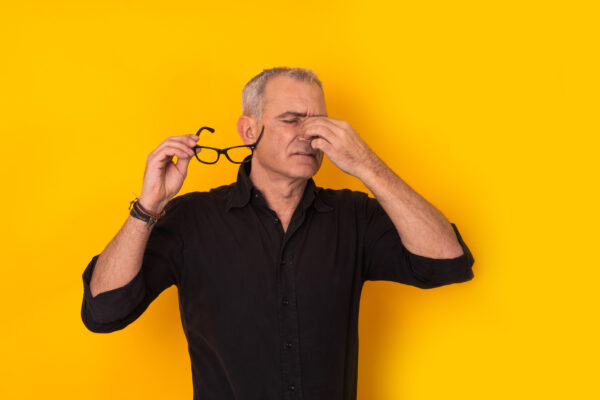EAU Congress speakers highlight problem experienced by one third of men receiving treatment
Cancer-related fatigue is significantly different from the type of fatigue that healthy people feel, delegates heard at the first ever in-person “Patient’s Day” at the European Association of Urology (EAU) Congress.
Professor Philip Cornford, a consultant urologist at Royal Liverpool University Hospitals in the UK, explained during the session that fatigue after prostate cancer treatments involves mental, physical and emotional symptoms such as brain fog, depression, changes in physical performance and falls.
He said that this went beyond a feeling of tiredness. “Thirty per cent of patients with prostate cancer get fatigue, and this has a big impact on their quality of life, yet nearly one third of patients don’t mention it to their healthcare team or know what to do about it,” he said.
Louisa Fleure, a uro-oncology clinical nurse specialist at Guy's and St Thomas' Hospitals in the UK, provided advice on how to manage cancer-related fatigue. She stressed the importance of exercise, starting out small and often, setting achievable goals and asking for help if needed. “Exercise is where we have really good evidence that it can help fatigue.”
Patient advocate and outgoing Europa Uomo Board member John Dowling said that the level of fatigue was related to the kind of treatment patients were receiving. All patients react differently to treatments, he said.
“One mistake I made was to try and do things on my own but I see now that it is key to have a network to progress.”
They were speaking at the Patient Day during the EAU22 Congress, with the support of the EAU Patient Advocacy Group.
